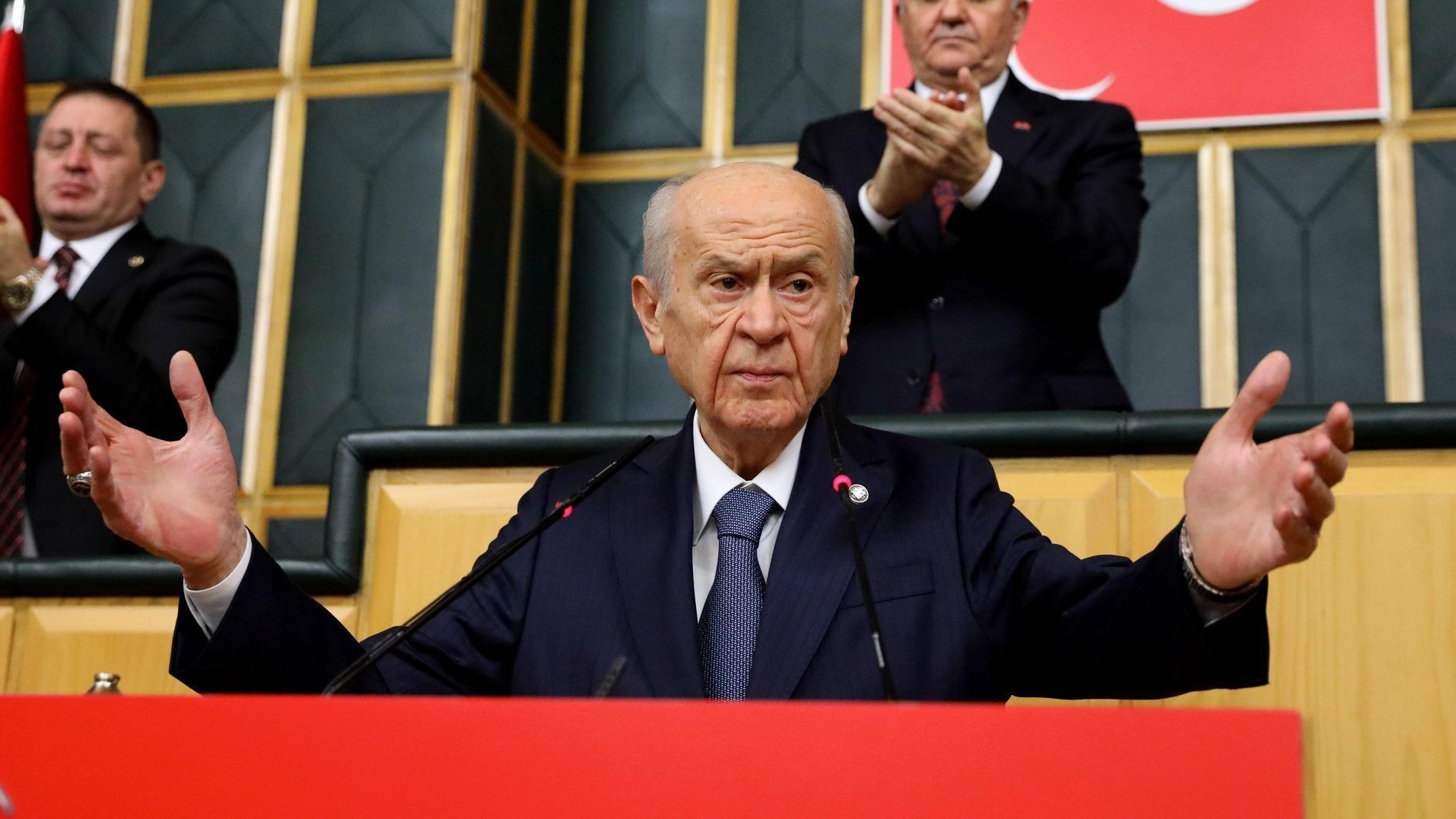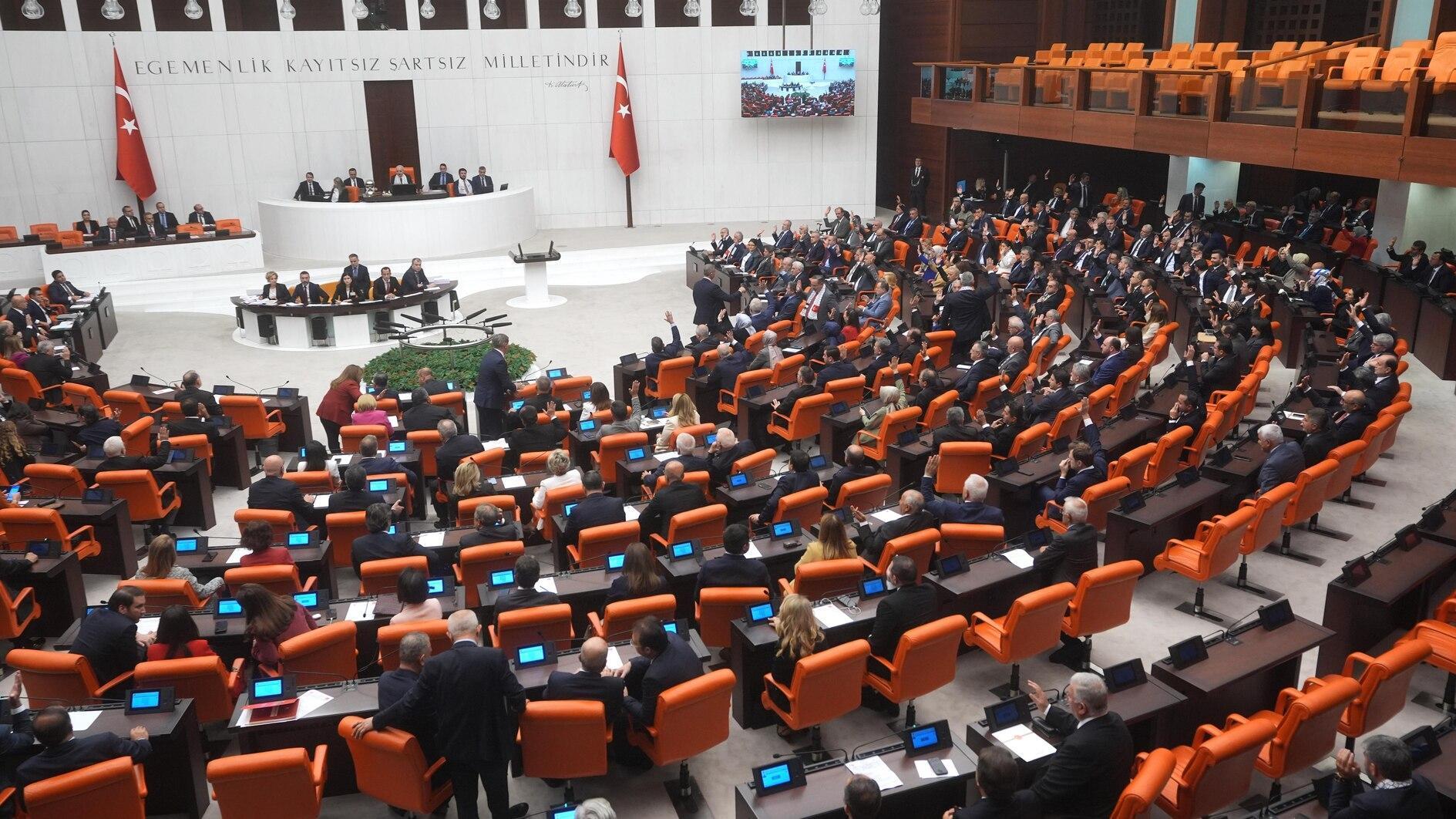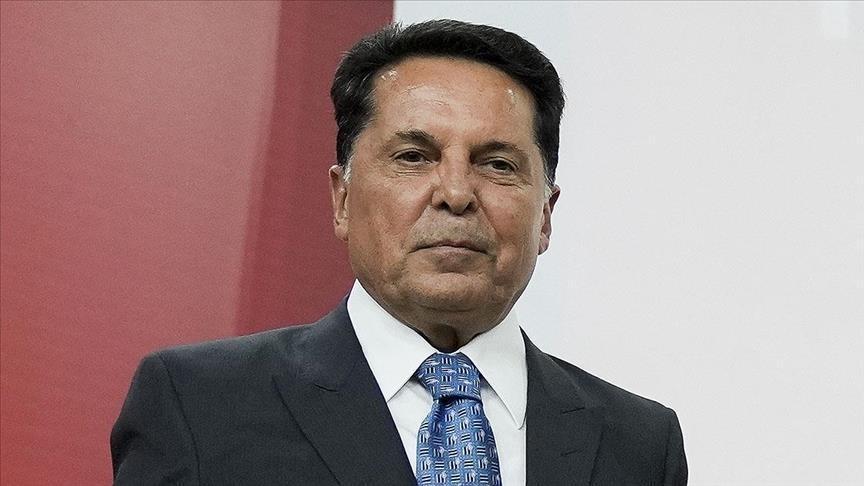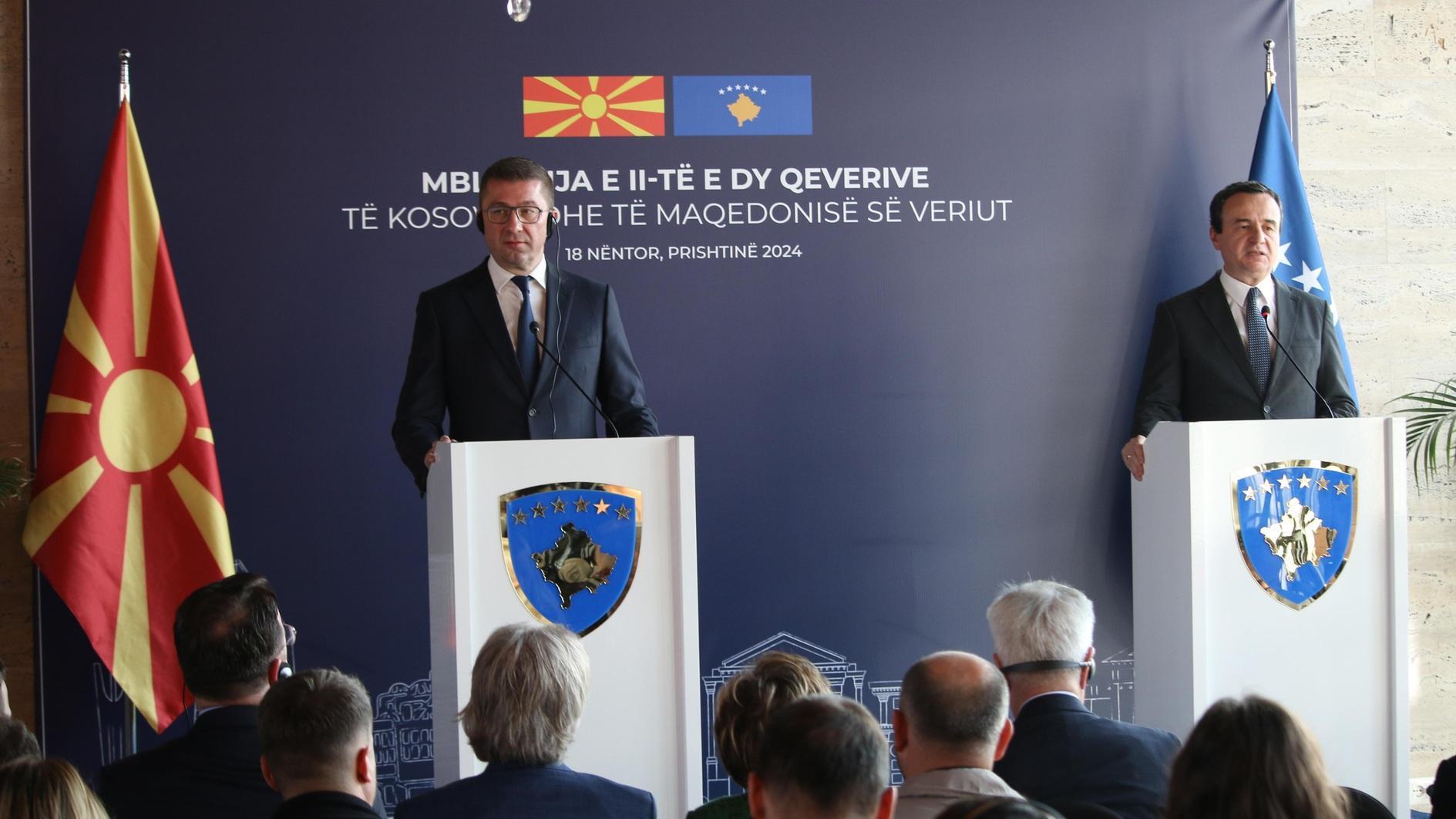Ahead of Turkey’s ‘biggest opinion poll’
In one week we will see the results of the “biggest opinion poll,” which is how I define election results. We will then know whether a second round in the presidential election will be necessary and we will also start discussing possible future political alliances.
The election is notable because the opposition is lively and vivid for the first time in a decade. But what is more important is that promises of peace and compromise have been well received by many people. The main opposition candidate Muharrem İnce has denounced revenge and conflict, working to embrace all voters - including ruling party supporters - and promises not to recreate an “ancient regime” if he wins.
For a long time political observers have said the ruling Justice and Development Party’s (AKP) strategy of polarization has been a successful political tactic. But for the first time it seems to be not working too well. Some political dissenters have been willing to play into the hands of polarization by prioritizing enmity toward Erdoğan and his party. But I think İnce has been clever enough to choose a different way, responding to those who are tired of polarization and conflict. Obviously we do not know the result yet, but the strategy has proven quite successful so far.
It will be very hopeful for Turkey’s political prospects if the majority - or at least more people than before – are now tired of confrontation and seek more peace and consensus. Of course, the biggest challenge will be to reach some kind of compromise between Turkish nationalism and Kurdish rights. So far the ruling party seems to be seeking political success by appealing to nationalism despite the fact that it needs support from both Kurdish and Turkish nationalist voters.
President Recep Tayyip Erdoğan recently declared that there is “no Kurdish issue” in Turkey but Kurds have a “PKK problem.” The AKP claims that only it can solve this problem by fighting against terrorists, with the recent operation in Kandil continuing successfully. Last week, Erdoğan announced that he would approve capital punishment for the HDP’s presidential candidate Selahattin Demirtaş if parliament makes such a decision, while also asking his party behind closed doors to pressurize the HDP more seriously. Unfortunately, the next day three people got killed and many more were injured after a tense exchange between ruling party members and a HDP supporter shopkeeper turned into bitter fight in the southeastern town of Suruç. The ruling party accused PKK supporters of committing the murder, while the HDP said ruling party members started the fight and the father of the shopkeeper was killed in the hospital. Fortunately, so far the HDP has managed to not blow up the tragic event and the main opposition Republican People’s Party (CHP) has supported this line.
Nonetheless, the AKP’s election strategy of manipulating nationalism against the opposition hinders the CHP and its presidential candidate İnce in focusing more on Kurdish issue. İnce has promised to solve the Kurdish problem if he wins the election but refrains from talking in more detail about the issue. If Erdoğan wins the election, meanwhile, it looks like a solution to the problem will be confined to the limits of security politics, as the ruling party is not only allied with the MHP but also with members of the so-called deep state of the 1990s, who do not believe in a peaceful solution.











